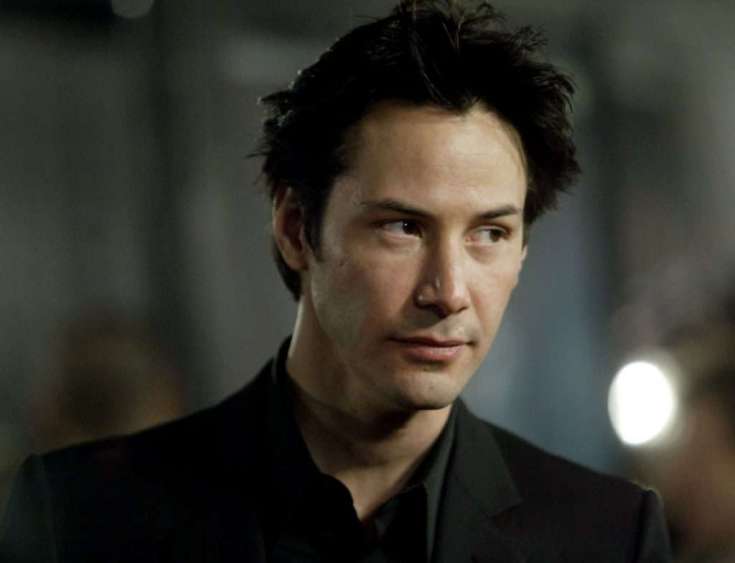
Actor Keanu Reeves at the 2003 premiere of “The Matrix Revolutions.” Reeves is slated to star in the fourth movie in the series, which has been delayed until 2021 because of the coronavirus lockdown.
Robert Galbraith | Reuters
Coronavirus has shut down all Hollywood productions and delayed the release of all films in theaters. That means millions of dollars lost in production cost and box office receipts. Now the big question that studios large and small are asking is: How much will insurance cover?
Allianz, which is one of the main insurers for entertainment companies, estimates that Hollywood studios paid $400 million in premiums last year to cover “unforeseeable events.” Premiums are typically between 0.6% and 1% of a film’s budget, which means they’re spending as much as $2 million on insurance for a $200 million, big-budget picture.
Now studios are looking to collect. Allianz says it is seeing a growing influx in claims recently as studios have been forced to shut down major productions. All the major studios have halted production on big-budget films: Disney‘s “Avatar” sequels, Paramount‘s “Mission Impossible VII”, Universal‘s “Jurassic World: Dominion,” and Warner Brothers‘ “Matrix 4.”
But Allianz and other big film insurers, including Lloyd’s of London, Chubb and Aon, are now flooded, and trying to figure out which claims they can deny.
“They’ve never had so many claims, which is I think what’s unique about this situation,” said Sarah Cronin, a partner at law firm Venable and an expert on entertainment industry insurance claims. “This is one thing affecting people all over the world, and insurance companies are getting tens and tens of thousands of claims at the same time.”
Studios are starting to get denial of coverage letters now, which means lots of litigation in the near future.
“I think what the insurance companies will say is we never intended to cover you for losses sustained because a pandemic occurred and people now couldn’t go to theaters…. That wasn’t intended or covered,” said Cronin. “I think the studios would reply, ‘We took out insurance in case we need to make a change that was unanticipated and there were substantial losses.’ It’s all going to come down to what language is in each insurance policy.”
None of the insurance companies would comment on what percentage of claims they’ll be covering.
The CEO of the Insurance Information Institute, Sean Kevelighan, said in a statement: “We understand that Covid-19 has not spared Hollywood films and TV show productions. The insurance industry provides policies that protect studios from unforeseen circumstances. Most of these policies are triggered when there are fires or accidents which either injure performers or damage property on set. Nonetheless, the coverages incorporated into the film and TV industry’s insurance policies can vary greatly. Insurers will review every claim submitted to them to determine on a case by case basis when coverage is available.”
Disclosure: Universal Pictures is owned by NBCUniversal, the parent company of CNBC.


